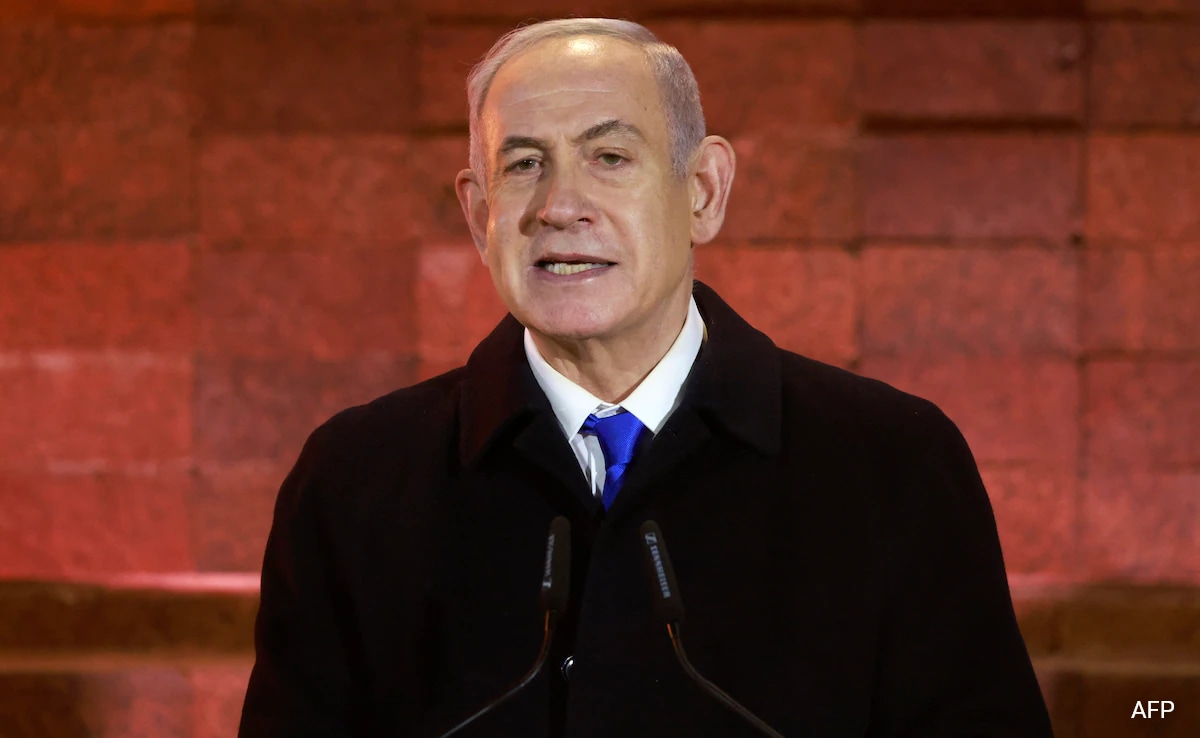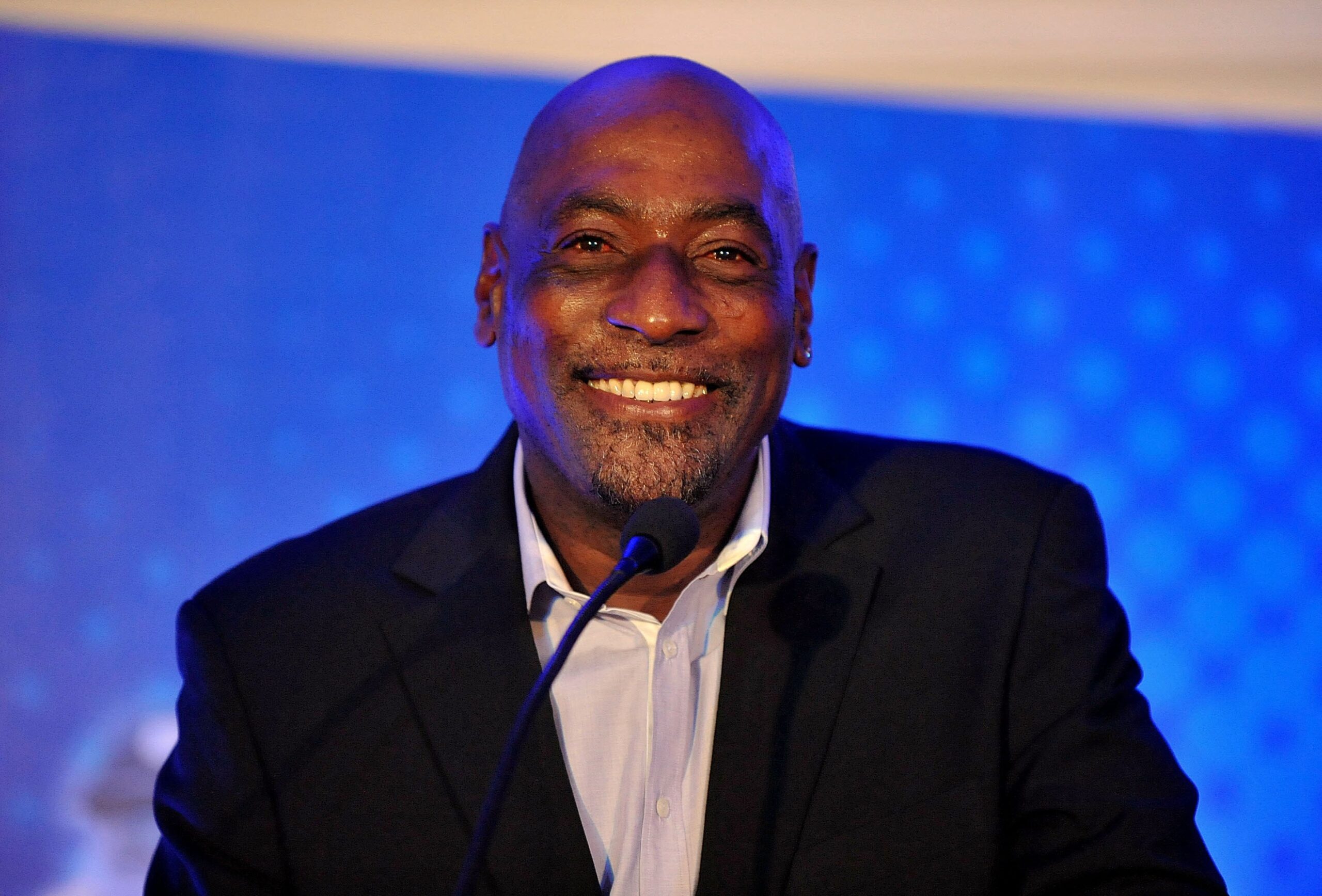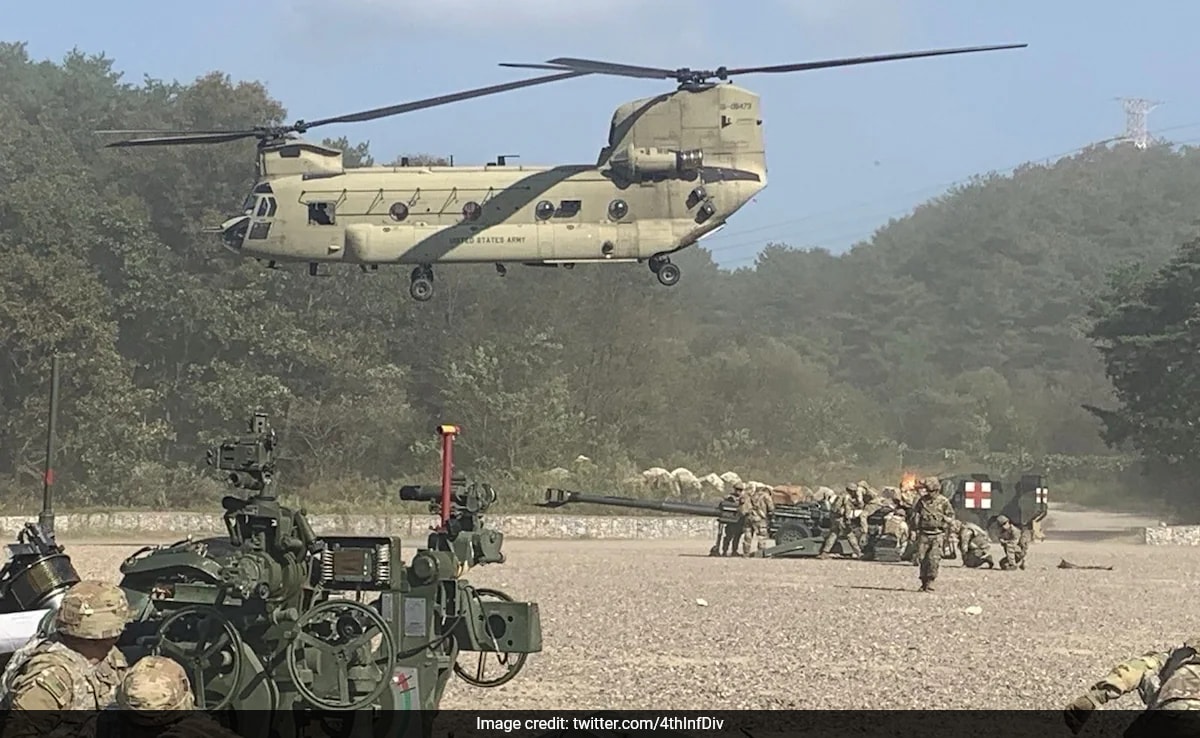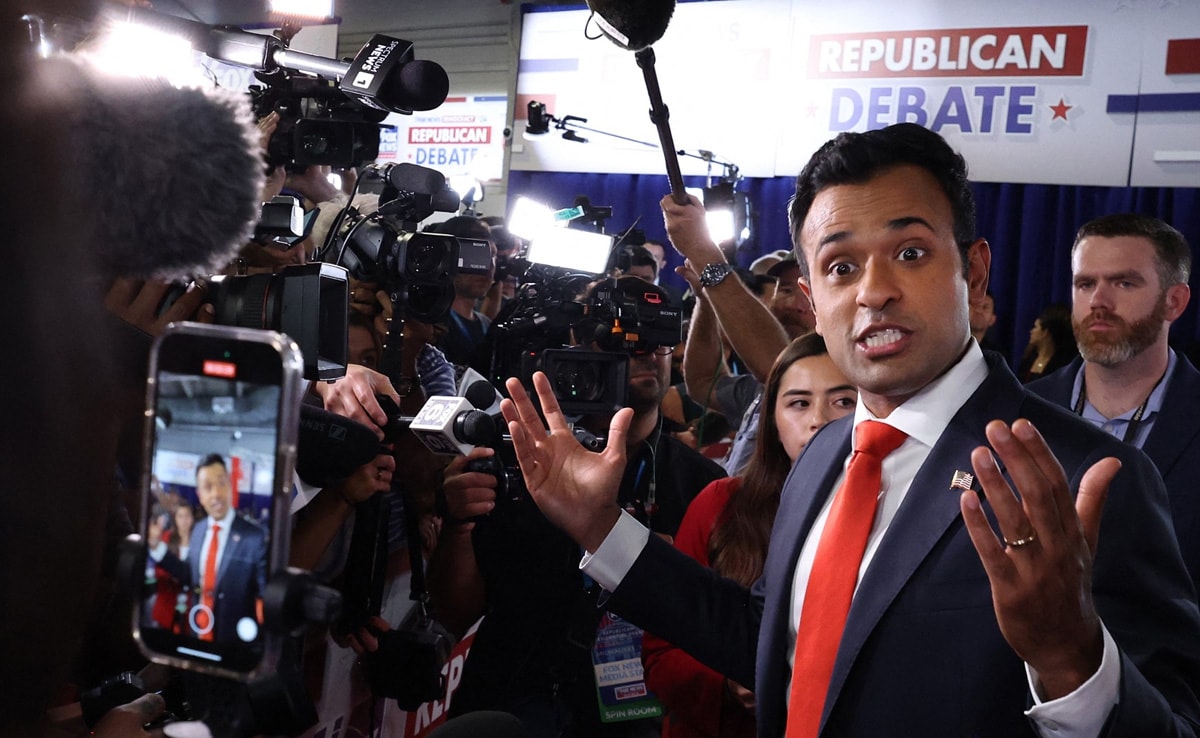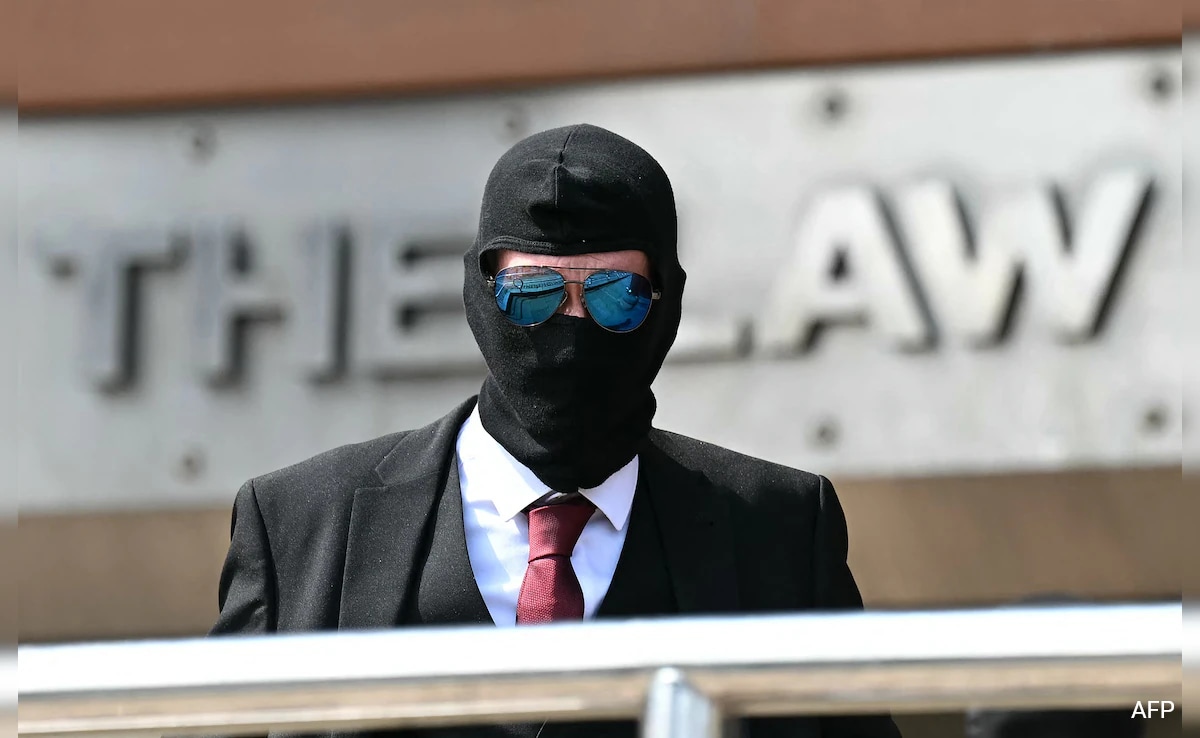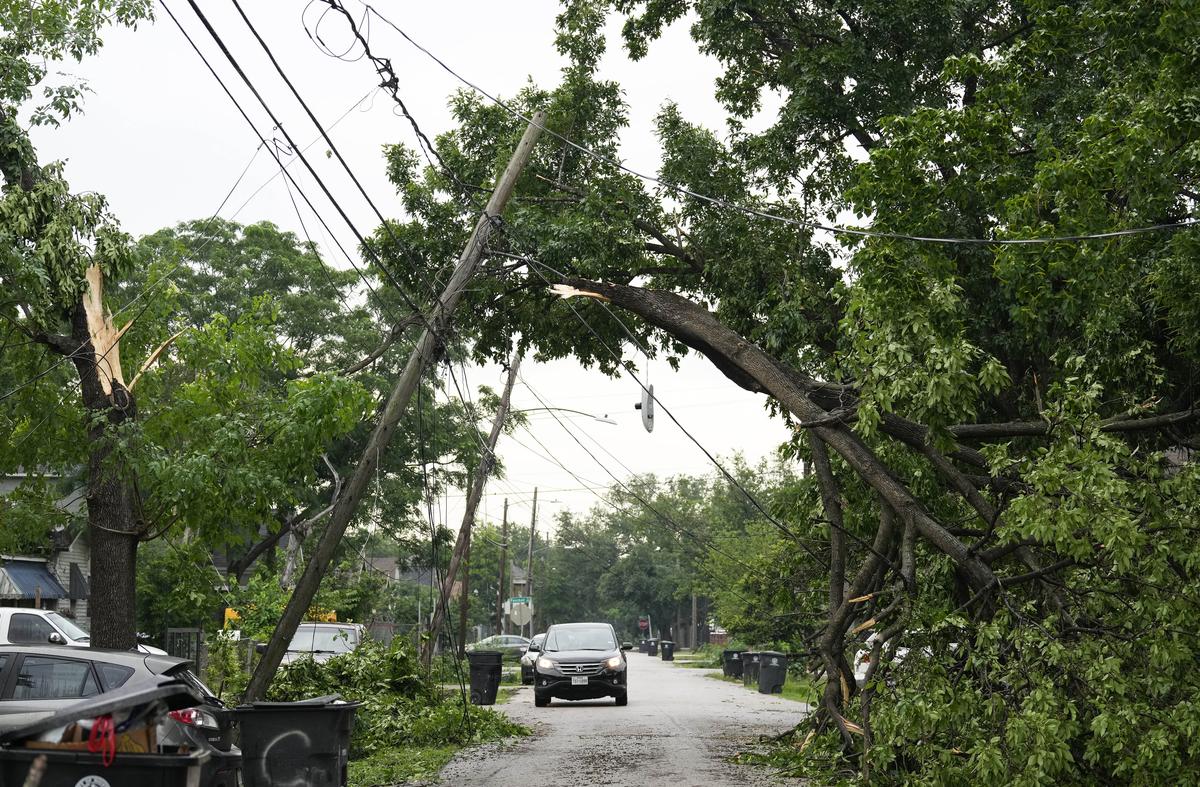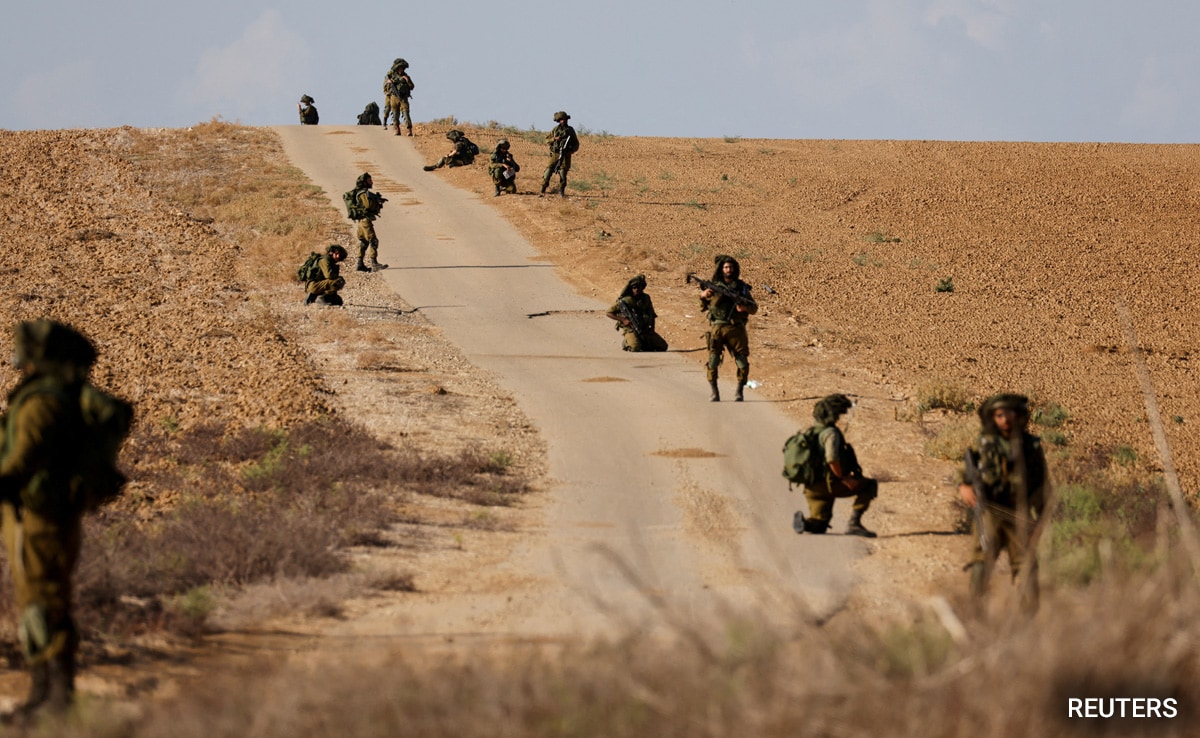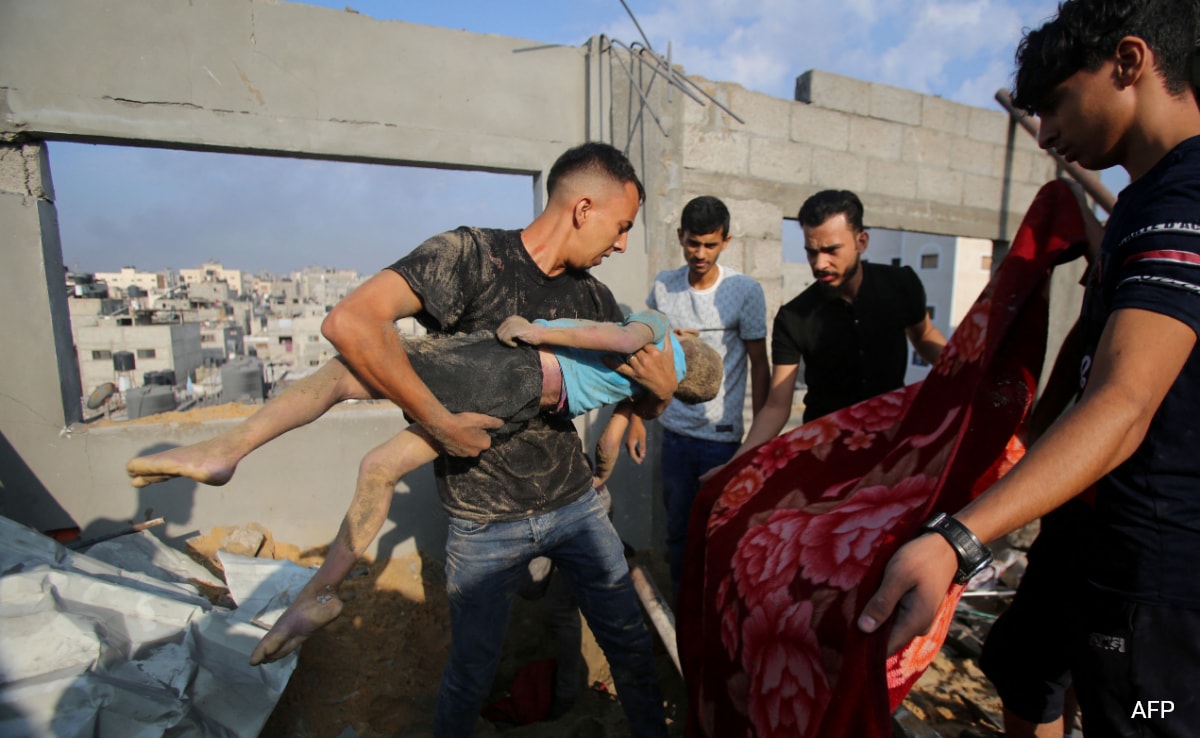Massoud Pezeshkian.
| Photo Credit: AFP
Iranians broadly deplore Western sanctions that have battered the economy, but the country’s six presidential candidates offer differing solutions — assuming the winner gets a say on foreign policy.
With the June 28 snap election fast approaching, debates between the candidates vying for Iran’s second-highest office have featured a key question: should Tehran mend ties with the West?
Under the late President Ebrahim Raisi, who died last month in a helicopter crash, Western governments have expanded sanctions against Iran over its nuclear programme as well as its support for militant groups across West Asia and for Russia in its war in Ukraine. The sanctions have sharply reduced Iran’s oil revenues, heavily restricted trade and contributed to soaring inflation, high unemployment and a record low for the Iranian rial against the U.S. dollar.
In two televised debates focused on the economy ahead of the presidential polls, “almost all the candidates explained that the sanctions have had devastating effects”, said Fayyaz Zahed, a professor of international relations at the University of Tehran.
While the six contenders — five conservatives and a sole reformist — have all vowed to tackle the economic hardships, they offered varying views on Iran’s relations with the West. “If we could lift the sanctions, Iranians could live comfortably,” said reformist candidate Massoud Pezeshkian, considered one of three frontrunners.
Mr. Pezeshkian, who is backed by key reformist groups in Iran, called for “constructive relations” with Washington and European capitals in order to “get Iran out of its isolation”.
Meanwhile, ultraconservative candidate Saeed Jalili, a former nuclear negotiator, has called for Tehran to press ahead with its long-running anti-Western policy. “The international community is not made up of just two or three Western countries,” Mr. Jalili has repeatedly said in debates and campaign rallies.



